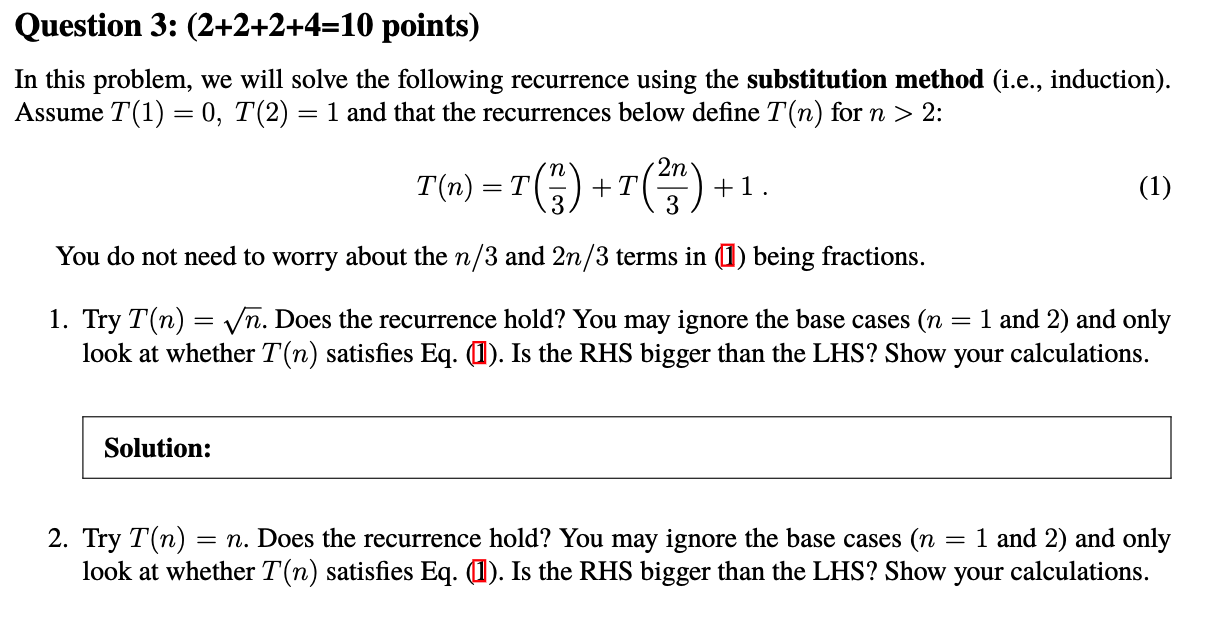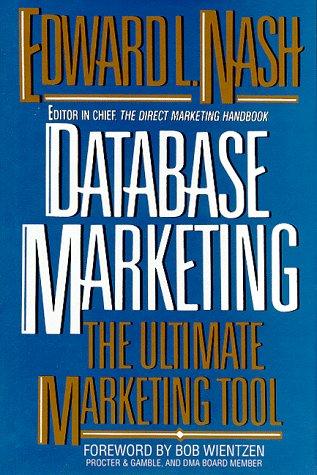Answered step by step
Verified Expert Solution
Question
1 Approved Answer
answer 1,2,3,4 Question 3: (2+2+2+4=10 points ) In this problem, we will solve the following recurrence using the substitution method (i.e., induction). Assume T(1)=0,T(2)=1 and
answer 1,2,3,4


Step by Step Solution
There are 3 Steps involved in it
Step: 1

Get Instant Access to Expert-Tailored Solutions
See step-by-step solutions with expert insights and AI powered tools for academic success
Step: 2

Step: 3

Ace Your Homework with AI
Get the answers you need in no time with our AI-driven, step-by-step assistance
Get Started


